Quebec Food Safety REgulations
All restaurants, food service providers and food businesses in the province of Quebec are subject to a number of food safety laws and requirements. Ensuring compliance with Quebec food safety laws allows food businesses to compete more effectively, and avoid the numerous penalties which can be levied for failure to comply.
Food Safety Laws in Quebec
All restaurants and food service businesses in Quebec are subject to its major food safety act:
- The Food Products Act 1981, c. 29, s. 1; 2000, c. 26, s. 1.
The Food Products Act lays out the expectations for all Quebec food businesses, outlining what must be done to ensure that facilities and equipment are up to safe standards, permits and registrations required by food business operators, the duties and rights of food inspectors, food safety training requirements for food handlers and much more. When businesses are found to not be in compliance with the Food Premises Act, they can face penalties which include fines and possible shutdowns.
Food Products Act 1981, c. 29, s. 1; 2000, c. 26, s. 1.
The Food Products Act is Quebec’s only major food safety regulation, outlining everything all Quebec-based food businesses must do in order to serve customers in a consistently safe manner. The Food Products Act, complemented by Federal food safety legislation, covers every aspect of the Quebec food industry, from food service businesses to food manufacturers, establishing the bare minimum standards which must be met in order to avoid major financial penalties and potential closure.
Within the Act, food businesses can find the minimum expectations for ensuring safe service to customers, including the need for keeping premises, equipment and surfaces clean and usable at all times, using proper packaging for all food products, complying with recalls immediately, and providing 100% accurate information about food products, with absolutely no indication that false, inaccurate or misleading descriptions exist.
According to the Food Products Act, health inspectors can require food operators to provide any relevant documentation and information during the course of an inspection, and inspectors can enter a premises at any time based on reasonable grounds that a food business is in violation of the Act. Inspectors can seize or confiscate animals and food products, prohibit certain acts including the slaughter of animals, order the destruction or disposal of animals and animal parts, and order immediate recalls, product retention or product disposal in certain situations.
The Act also lays out the requirement for all food businesses to hold proper and current permits and registrations in order to operate. Without a valid permit, businesses including slaughterhouses, dairy plants, and food premises or vehicles where food is prepared to be sold at retail or used to furnish services for remuneration are not allowed to operate legally. Those applying for permits must continue to renew based on the conditions outlined by the province, and are subject to suspension, cancellation, and refusal to renew based on decisions made by the Minister. Upon these decisions, permit holders can contest or appeal the decisions at the Administrative Tribunal of Quebec within 30 days of notification.
The penalties for failure to comply with the Food Products Act include food business closures and fines which range from as little as $250 to over $45,000 depending on the severity of the violation. It also states that these fines can be applied to every person in contravention of the Act.
Food Health and Safety Training Requirements
One of the most important aspects of the Food Products Act is that it outlines the requirements for all Quebec food businesses with regards to food handler certification. The Act states that all food business operators must have a valid food establishment manager training certificate, specifying the name of the certificate holder and the certificate number. This operator is responsible for all food hygiene and food safety on premises or in the food service vehicle.
The Act also states that the person responsible for the hygiene and safety of food products must also ensure that at least one employee holding valid food handler training certification or food establishment manager training certification must be on premises during all operating hours. In addition to this critical requirement, a food service business must have valid certification for at least 10% of its personnel assigned to product preparation or washing and cleaning material and equipment which is in contact with food.
The Act also lays out the minimum requirements for food safety training, stating that it must last at least 6 hours and cover subjects including microbiological, physical and chemical hazards associated with food hygiene and safety, food storage temperatures, food origins, proper labelling, methods to prevent food contamination, hygiene principles, material and equipment cleaning, disinfecting and sanitizing, and environmental sources of food contamination. Requirements for food establishment manager training are also established within this section of the Act.
Failure to comply with the food safety training requirements in Quebec can result in a suspension of operations, closure of food premises until requirements are met, and fines incurred by the primary food operator(s) or the food service business.
Food businesses in Quebec can ensure full compliance with the Food Products Act and provincial food safety training requirements by choosing Managing Food Safety, a nationally recognized online food safety training certification program designed to engage learners and offer a more flexible learning experience. Managing Food Safety will help your food service business ensure full compliance with Quebec food safety laws, regulations and requirements.
欲了解更多有关食品安全Market 如何使您的企业符合《食品法》、 了解我们为企业和个人食品处理人员提供的培训解决方案。
联系我们

Quebec Food Safety:
Regulations & Legislation
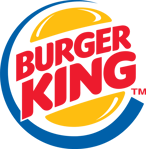

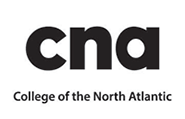
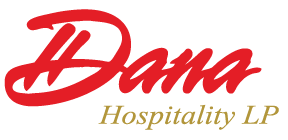

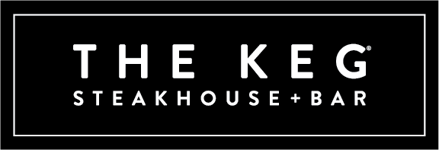
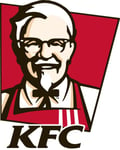
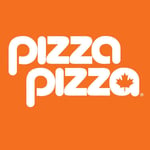
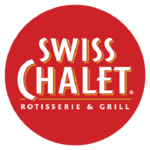
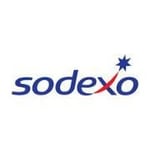

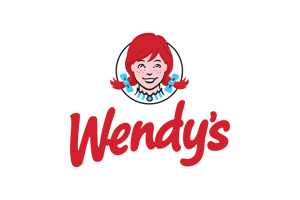

.png?width=800&height=240&name=Business%20MFS%20Banner%20(2).png)
.png?width=800&height=240&name=Individual%20Food%20Handler%20Banner%20(1).png)